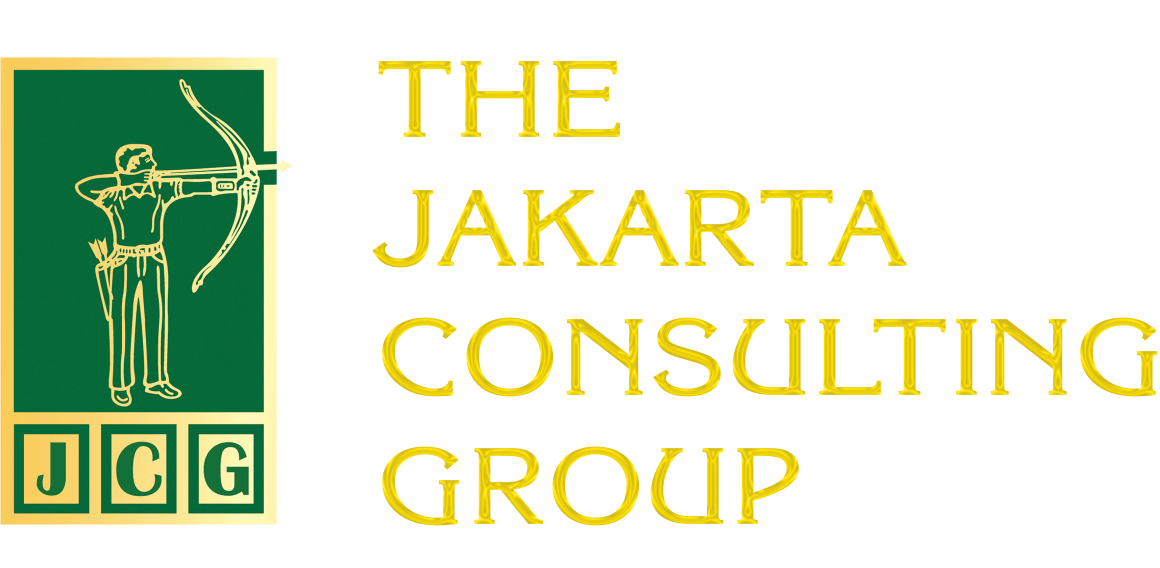In the business world, meetings are often not easy. However, in family businesses, where family relationships intersect with financial matters, controlling egoism and emotions during family meetings becomes far more important—and also more complicated. Discussions can easily shift from business strategy to unresolved family conflicts. Overwhelming emotions can derail even the most carefully planned meetings. On the other hand, if egoism is managed well and emotions are addressed with empathy, family meetings can become moments that strengthen relationships, build trust, and ensure the continuity of the business.
In non-family businesses, the roles and responsibilities of each person and position are typically clearly defined within the organizational structure. However, in family businesses, one person may hold multiple roles simultaneously: a CEO might also be a father, an investor could be a sibling, and a board member might be a mother-in-law. This overlap of roles blurs the line between professional and personal matters, making it difficult to maintain objectivity.
For example, conflicts surrounding a new investment plan may not simply be a difference in business strategy they may be related to latent issues of mistrust, long-standing sibling rivalry, or even unconscious parental favoritism.
Egoism and Emotion: Manifestations and Impact

Egoism and emotions manifest themselves in various forms. Such as the desire for recognition (“I built this company from scratch.”), the urge to dominate (“I am more experienced, so I know best.”), and maintaining one’s position (“You can’t talk to me like that I’m still the leader here.”).
To a certain extent, egoism is necessary for building leadership and achieving a vision. However, excessive egoism in a family business can damage cooperation, offend other family members, and ultimately hinder business progress.
On the other hand, emotions can be both a driving force and an obstacle. Emotional attachment often makes family businesses more resilient. Family members are more dedicated. However, excessive emotional reactions especially if triggered by past conflicts or unhealed wounds—can disrupt the decision-making process.
Some examples of uncontrolled emotions include passive-aggressive behavior (a pattern of behavior where someone expresses negative feelings indirectly rather than openly), defensiveness when receiving feedback, and sudden anger during discussions.
Egoism and uncontrollable emotions are bad for both business and family.
- The quality of decisions is poor. Overflowing emotions often overpower logical considerations, resulting in decisions based more on personal feelings than the interests of the family business.
- Family relationships become fractured. If it is already fractured, it will take a lot of effort to restore it. It is also very difficult to recover completely. Mutual trust is no longer intact.
- Younger family members may lose interest if their opinions continue to be ignored or disrespected.
- Corporate governance becomes fragile. Recurring emotional conflicts can reduce trust in the family governance system and erode compliance with agreed rules.
According to research by the Family Firm Institute, the ability to manage conflict is a key factor in determining the longevity of a family business. In short, unresolved emotions can not only shorten the life of a business, but also threaten family harmony.
Strategies for Managing Egoism and Emotions
Issues of egoism and emotions in family businesses can be managed with a structured approach. Here are some key strategies that can be implemented.
1. Establish clear ground rules
Before the meeting begins, establish mutual agreements on how the discussion will be conducted. For example, only one person may speak at a time; respect every opinion expressed; refrain from personal attacks; focus on the issue, not the individual; and so on, depending on the circumstances of each family. By writing down and reminding everyone of these rules at the start of the meeting, the atmosphere will be conducive for all parties.
2. Separate family roles from business roles

Ensure that each member understands their role within the business context. For example, a child serving as the Chief Financial Officer should be treated as a professional, not just the “youngest child.” Use official titles when discussing company matters to avoid bias and role confusion.
3. Invite a neutral facilitator
For sensitive meetings, consider involving an external facilitator or family business advisor. They can guide the discussion, mediate when disputes arise, and ensure that all voices are heard. The presence of a neutral party also helps family members keep their emotions in check because they know there is an objective observer.
4. Do not bring family issues into the business
Long-standing conflicts such as favoritism, rivalry, or past grievances—should not be discussed in family business meetings. Provide a separate forum, such as a family retreat with the help of a therapist, to discuss emotional dynamics in depth.
5. Leaders must set an example
If founders or leaders demonstrate humility, openness to criticism, and emotional control, other members are more likely to follow suit.
Family meetings, when well-organized, can serve as a crucial foundation for business strategy and family harmony. These gatherings are not merely decision-making venues but also opportunities to strengthen bonds, align values, and prepare for succession. By wisely managing egoism and emotions, families can achieve various benefits, such as the growth of mutual trust across generations; transparent decision-making processes; reduced potential for internal conflicts; and the preservation of business sustainability and family legacy.
As a pioneer in family business consulting in Indonesia, Jakarta Consulting Group is ready to assist your family in overcoming these challenges with strategic, human-centered, and actionable solutions.
#family business #family business #egoism #emotions #familymeeting #conflict #organizationalstructure #role #leadership #emotionalbonds #passive-aggressive #familyrelationships #rulesofthegame #facilitator #rolemodel
Related Posts:
The Dynamics of Family Business: The Unexpected Role of the In-Law
Why Are SOPs Often Challenging to Implement in Family Businesses?
THE JAKARTA CONSULTING GROUP PRESENTS
Governance That Is Often Overlooked in Family Businesses
The Family Business Phenomenon: When Employees Are More Cherished Than Family Members











